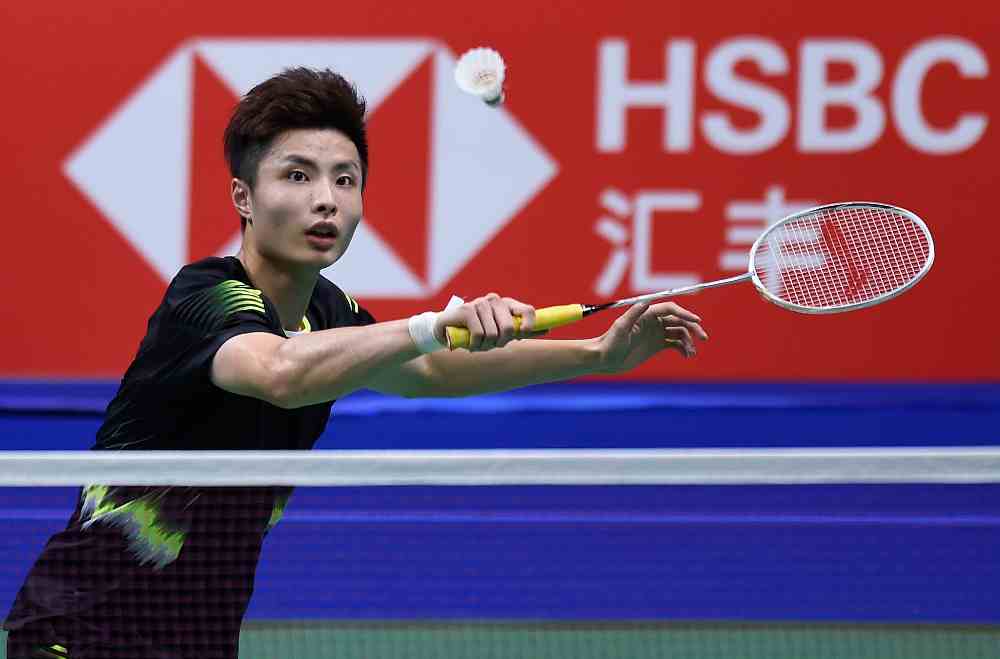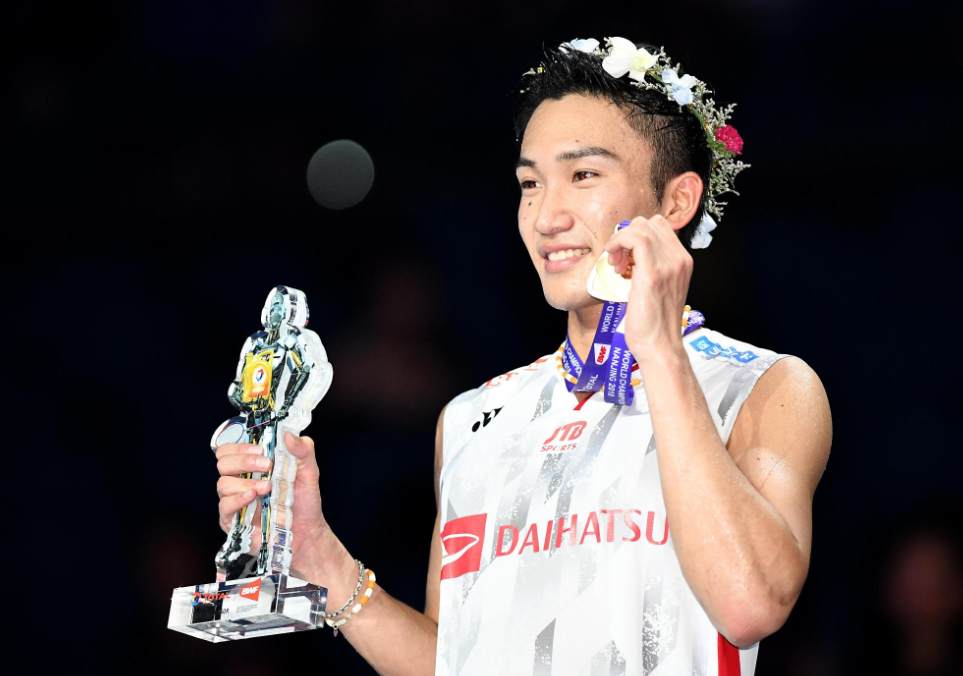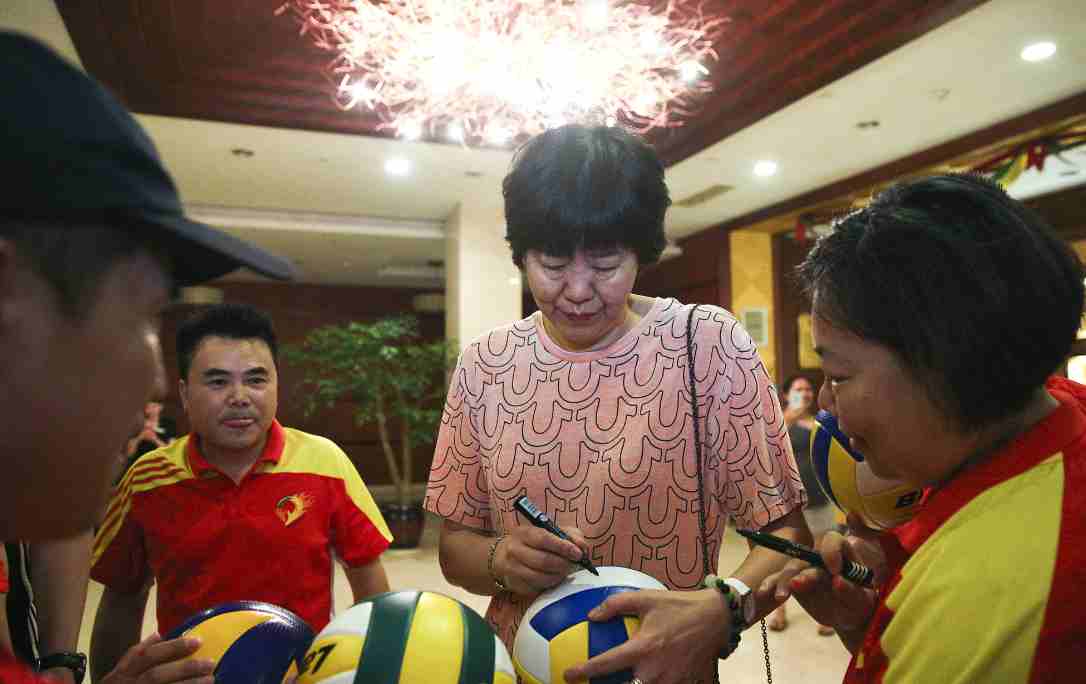
Sports
16:43, 15-Aug-2018
Asian Games 2018: Can China rise to the challenge to sustain dominance?
Updated
16:39, 18-Aug-2018
Hu Zhicheng

If there's a final at the Asian Games, chances are a Chinese will be in it. China has topped the medal table at every Games since the 1982 New Delhi Games, and in the past 11 events Chinese athletes have won at least 124 medals each time, including 342 in Incheon four years ago.
Over the course of its history, China is the only country to win over 1,000 Asian Games gold medals. Its 1,355 total is far and away better than the second best mark of Japan, the traditional powerhouse who only has 957.
Well, enough about history. It's time to forget about old guards and past glory as China's increasingly tenuous stranglehold on the medal count will face a stiff test at the 2018 Asian Games starting Aug. 18 in Jakarta.

World Cup title holder Fan Zhendong will lead the charge for China's national sport. /VCG Photo
World Cup title holder Fan Zhendong will lead the charge for China's national sport. /VCG Photo
Pass the baton to young guns
Table tennis has been totally dominated by China since the country first competed at the Asian Games in 1974. Chinese paddlers won six of seven gold medals on offer last time around in South Korea. However, Indonesia might provide fertile ground for a huge upset in 2018.
Even a cursory glance at the roster reveals a team that is short of experience and charisma. Big names such as Ma Long, Xu Xin, Ding Ning and Liu Shiwen are nowhere to be found and none of the players in the lineup have ever played at an Olympic Games.
Despite his tender age of just 21 years old, current World No.1 Fan Zhendong, along with women's star Zhu Yuling, will be tasked with leading the charge against their major rival – a resurgent South Korea who boasts Lee Sangsu, Jung Young-sik and Yang Ha-eun in their ranks.
Lee Sangsu, along with his teammate Jeon Ji-hee, just won the final in mixed doubles at the Australia Open last month. Yang Ha-eun also improved a lot since clinching the women's singles title at the Poland Open.
"The Asian Games is a test for our young players to see if they can handle the pressure without the help of top players," said China's women's head coach Li Sun.
Without a doubt, it's going to be quite a baptism of fire.

China's best badminton player Shi Yuqi still has a long way to go to emulate Chinese legend Lin Dan. /VCG Photo
China's best badminton player Shi Yuqi still has a long way to go to emulate Chinese legend Lin Dan. /VCG Photo
Powers on the wane
While China still has the tightest grip on table tennis medals, its supremacy in badminton is no longer a sure thing.
Last week in Nanjing, Japan recorded their best-ever result in the history of the World Championships by winning two titles from three finals they entered, a sharp contrast to China’s failure to even hold on to their monopoly on women’s doubles.
Following a slide in both the men and women’s singles, world No. 1 and defending champions Chen Qingchen-Jia Yifan were also soundly beaten in the last eight of the tournament, summing up China’s worst-ever performance in 35 years.
The responsibility to turn the tables, therefore, falls upon the shoulders of the highest-ranked Chinese men’s player Shi Yuqi. The 22-year-old has been widely tipped to follow in the footsteps of ageing legend Lin Dan by becoming a talisman for China.

Kento Momota became the first Japanese men’s singles winner after defeating Shi Yuqi at the
World Championships in Nanjing. /VCG Photo
Kento Momota became the first Japanese men’s singles winner after defeating Shi Yuqi at the World Championships in Nanjing. /VCG Photo
The promising youngster stormed to the final of the World Championships before suffering an agonizing defeat in front of the home crowd at the hands of Kento Momota, who became the first Japanese men’s singles winner.
Loaded with incredible stamina and offensive talent, Shi Yuqi is looking to get revenge for the home loss. Jakarta is bound to witness the second round of the thrilling China-Japan face-off between Yuqi and Momota.
Apart from Japanese young guns, World No. 1 women's singles shuttler Tai Tzu-ying of Chinese Taipei, India's upstart Pusarla Venkata Sindhu and former world No.1 Son Wan Ho of South Korea will all constitute immediate and serious threats to China.
A hidden danger
Table tennis and badminton aside, volleyball and basketball proved China's stable source of Asiad gold medals for many years, but the two cash cows have all encountered problems.
Chinese women's volleyball team was surprisingly outclassed in the final by hosts South Korea in the 2014 Asian Games. They suffered yet another defeat against the same opponent in this year's FIVB Volleyball Women's Nations League, despite missing several key players in that game.

China’s legendary coach Lang Ping signs autographs and interacts with fans before leaving for the Asian Games. /VCG Photo
China’s legendary coach Lang Ping signs autographs and interacts with fans before leaving for the Asian Games. /VCG Photo
Spearheaded by 2016 Rio Olympics MVP Zhu Ting, Lang Ping’s side is straining to avoid a repeat of the gutting result four years ago.
“To win the Asian Games is no easy feat, and it will require a tough fight,” warned the head coach. For Lang, there's absolutely no place for arrogance in her talented squad.
A similarly talented lineup would also be found in Chinese men's basketball team. With dashing starlets like Zhou Qi, Ding Yanyuhang and Wang Zhelin at Li Nan’s disposal, the Red Team will eye fresh title glory.

Houston Rockets' Zhou Qi is mobbed by hordes of journalists on Aug. 10. /VCG Photo
Houston Rockets' Zhou Qi is mobbed by hordes of journalists on Aug. 10. /VCG Photo
However, the greatest stumbling block for China is injuries. National team stalwarts Zou Yuchen, Zhai Xiaochuan and Zhao Jiwei are all set to miss the Asian Games due to devastating injuries. Zhou Qi and Ding Yanyuhang have just recovered and are still finding their way back to full fitness.
To make matters worse, the sudden change of schedule has forced China to confront the almighty Philippines in their first group game. And given the last-minute arrival of Filipino-American NBA player Jordan Clarkson, who has been cleared to join the Philippines in Jakarta, the challenge of securing an opening victory will become all the more daunting for China.

SITEMAP
Copyright © 2018 CGTN. Beijing ICP prepared NO.16065310-3
Copyright © 2018 CGTN. Beijing ICP prepared NO.16065310-3